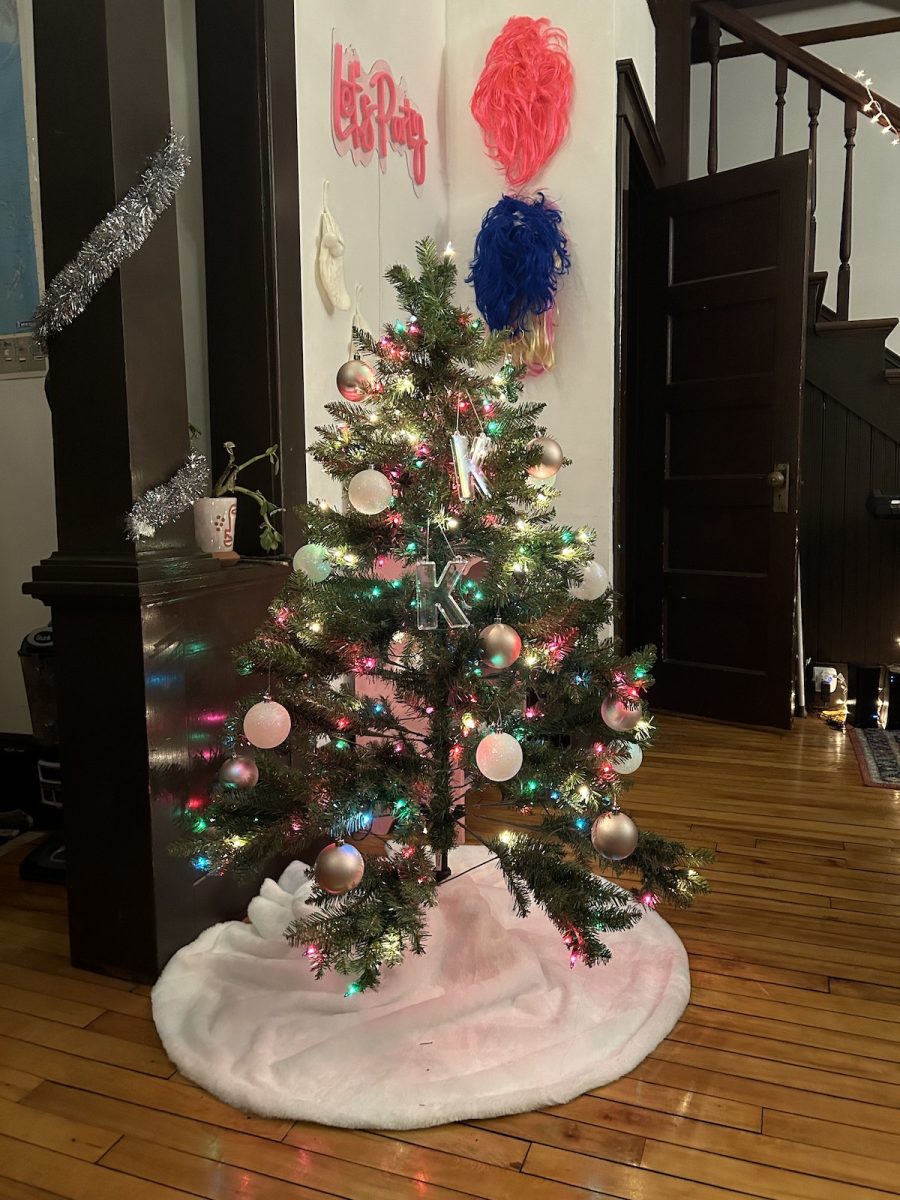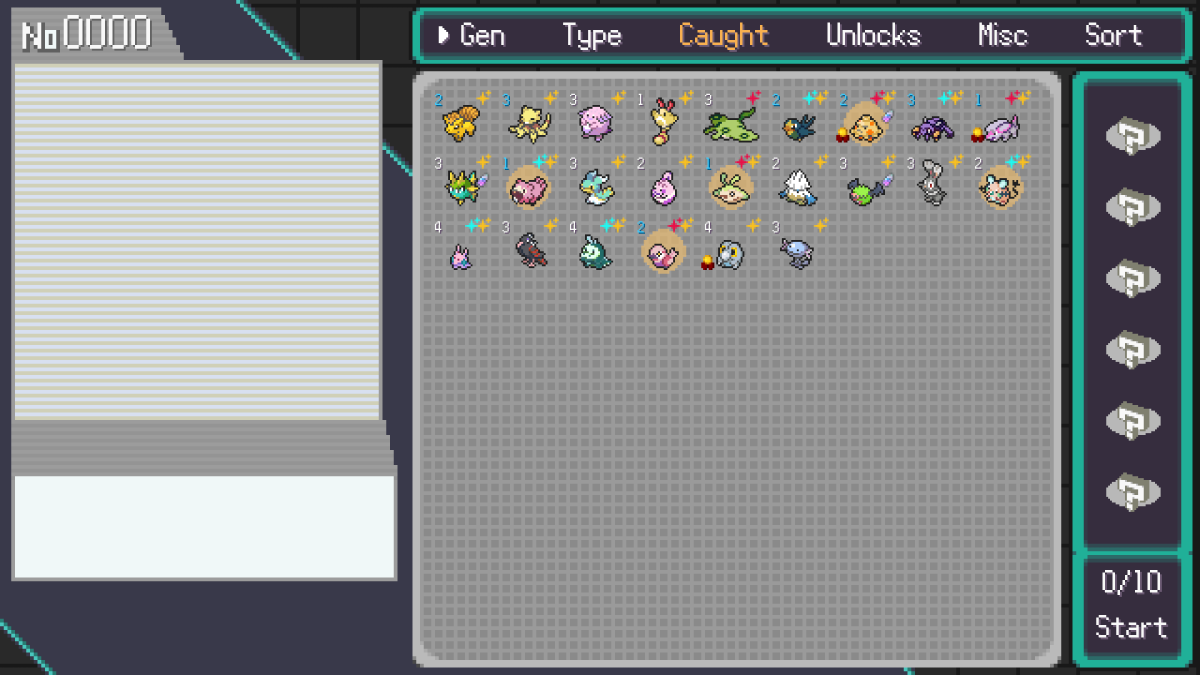Attached to the e-mail was a spreadsheet labeled “Niagara Street need list.” I browsed through the long list casually, wondering if I had any spare items I could donate toward the cause.
Later that evening, I switched on the news to view the most recent update from relief efforts in Haiti. Just like our local house fire victims, a disaster had left them homeless and without possessions.
These two tragedies are admittedly on different scales, but I couldn’t help comparing their respective aftermaths. When our community members’ possessions were suddenly reduced to nothing, Eau Claire stepped forward to ensure that housing and basic needs were provided for. The biggest difference between providing for the citizens of Haiti and our neighbors in Eau Claire was how the word “needs” was used. From what I have heard regarding Haiti, “needs” really means essentials items: food, clothing, shelter and medicine. In Eau Claire, “needs” is used much more liberally: food, clothing, shelter, office supplies, furniture, etc.
Now, I am not in any way trying to belittle the impact of losing so many possessions. What happened to the residents of 133 Niagara St. was truly heartbreaking. However, in times of crisis, we often learn truths about ourselves and about our community that we might not have realized otherwise.
My point is that when the residents were asked to make a list of their needed items, the list included objects such as toilet brushes, bed stands, coffee tables and televisions. Not only were these items asked for, but when I first scanned the list, I didn’t even think twice. It seemed perfectly reasonable to ask for these possessions, and even to “need” them.
I’m not judging the Niagara Street residents at all. I’m simply fascinated by the implication that, in our society, it seems perfectly acceptable and expected to “need” these items, even though none of them are really necessities. I know if I were asked to make a similar list, I would indicate that I needed a bookshelf, a toaster and many other things. I’d feel as if I had the right to expect to own these items. Though they feel like requirements to my standards; they are far from being a necessity, according to a great portion of the world’s standards.
As much as we like to complain about our government and throw up our hands at the economy, moments like this make me realize just how well-off this country is. It is easy to get lost in the debates and the details, but we also need to remember to take a step back and look at the bigger picture. While sadly there are many cases of poverty right here in Eau Claire, the city as a whole seems to be functioning quite comfortably. In many places throughout the world, the items we view as necessities are pure luxuries.
Perhaps my determination to look at the glass half-full will insult some, but when we live in a society where a list of “needs” includes computer speakers and fabric softener, we are pretty fortunate.
Ryan is a senior English major and online editor for The Spectator.






